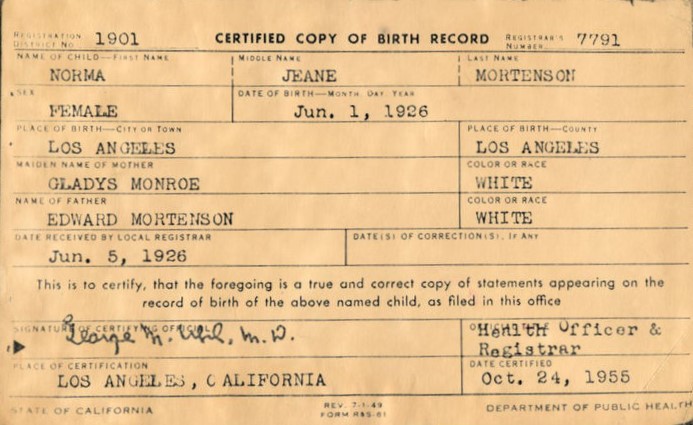
Do you sometimes look at your family tree and wonder why it can be so difficult to find out any information about your female ancestors?Once married they often simply disappear until a small death notice is discovered. On many occasions this only refers to them as “the wife of ...".Changes of the legal status of women and changes in society's attitudes about women throughout the world will, in many cases, define how and where you can find information about the ladies in your ancestry.Not all countries changed legislation at the same time – so where your ancestor lived at any given time during their life can greatly affect the documentation and information you are likely to find. Their level of wealth can also affect the documentation and information you are able to find.In many societies, as legislation and attitudes changed, it was often the young and the rich who embraced the new attitudes. The more mature individuals and many individuals with deep religious convictions rejected new changes until forced to do otherwise. The poor could simply not afford them![caption id="attachment_1718" align="aligncenter" width="640"]

Image by The Henry Ford and used under Creative Commons License[/caption]In Ireland it was not until the Married Women’s Property Act of 1870 that married women were allowed to inherit property in their own right and be able to take court action on their own behalf. This Act provided married women in the UK with a separate legal identity from their husbands for the first time.The earlier 1865 Married Women’s Property Act had begun the process by permitting married women to sue their husbands if they were abandoned or separated.When you look carefully at many wills written prior to this time period, not just in Ireland but all over the world, you may note that many of the wills that left married women's property, money, or goods stipulated that the inheritance was to be free from the control of the women’s husbands. Without this stipulation any property, money, even earnings were legally owned by a women’s husband and not herself. In fact it was not until the 1957 Married Women’s Status Act that wives in the UK became responsible for their own debts!Knowing which legislation was in force where and when can be a very useful tool in your genealogy box. Keep a file of the prime legislative dates where your ancestors lived it may save you a lot of time when it comes to deciding where are the best places to looks for records pertaining to your ancestors.HAPPY HUNTING




